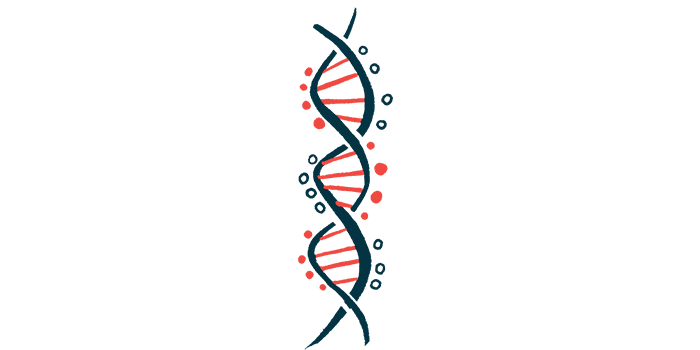Next-gen gene therapy SGT-003 named FDA orphan drug
Patient dosing in Phase 1/2 trial expected to begin in spring
Written by |

SGT-003, a next-generation gene therapy candidate for Duchenne muscular dystrophy (DMD) being developed by Solid Biosciences, has been granted orphan drug designation by the U.S. Food and Drug Administration (FDA).
The FDA gives this designation to therapies that are designed to improve medical care for rare disorders, specifically defined as conditions affecting fewer than 200,000 people in the U.S. The designation, which seeks to incentivize companies to invest in developing therapies for rare diseases, confers benefits including seven years of market exclusivity, without competition from other formulations or generics, if the treatment is ultimately approved by the FDA.
“Obtaining [orphan drug designation] status is an exciting development that we believe will aid our efforts to bring advanced treatment options to those patients affected by Duchenne,” Gabriel Brooks, MD, Solid Biosciences’ chief medical officer, said in a company press release.
The company hopes to test SGT-003 in a Phase 1/2 clinical trial, with patient dosing expected to start in the spring.
SGT-003 placed on FDA fast track
The FDA’s decision to give SGT-003 orphan drug designation comes a few weeks after the agency granted the experimental therapy fast track designation, which aims to speed the development of important therapies by giving the developer more frequent meetings with the FDA, among other benefits.
“Obtaining [orphan drug designation] status for SGT-003, along with Fast Track Designation granted last month, furthers our efforts to meet the ongoing challenge of treating this devastating disease as expeditiously as possible,” said Bo Cumbo, president and CEO of Solid Biosciences.
These designations “are important milestones for Solid, supporting the continued development of next-generation therapies for Duchenne,” Cumbo added.
DMD is caused by mutations in the gene that provides instructions to make dystrophin, a protein that normally functions like a shock absorber in muscle cells, helping to cushion the muscles from damage during muscle contractions. DMD-causing mutations lead to virtually no functional dystrophin, and as a result muscles accumulate more wear-and-tear damage over time, leading to symptoms such as muscle loss and weakness.
SGT-003 is designed to deliver to muscle cells a gene that provides instructions to make a shortened but functional version of the dystrophin protein, known as microdystrophin. Notably, the specific version of microdystrophin encoded by the next-generation therapy includes a section that allows the protein to interact with another muscle protein, called neuronal nitric oxide synthase (nNOS), which is important for normal dystrophin function.
SGT-003 uses novel viral vector to deliver genetic payload
The treatment also uses a novel viral vector to deliver its genetic payload. The vector has a specifically designed capsid (viral shell) and was created to maximize muscle tropism, basically meaning the vector efficiently delivers genes to muscle cells but not in other cell types.
“SGT-003 therapy stands out among other Duchenne gene therapy candidates by leveraging a novel capsid and a muscle tropic vector delivering a microdystrophin that incorporates a neuronal Nitric Oxide Synthase (nNOS) binding domain,” Brooks said. “These attributes among others, have the potential to yield both more potent transduction than historical approaches, and a microdystrophin that may be able to more fully address muscle resiliency.”
Solid Biosciences had previously been developing an older DMD gene therapy, dubbed SGT-001, which like SGT-003 was designed to deliver a gene encoding a version of microdystrophin to muscle cells. Findings from a Phase 1/2 trial called IGNITE DMD (NCT03368742) suggested the older therapy led to improvements in lung and motor function for boys with DMD.






